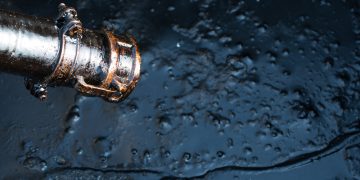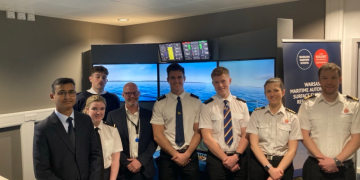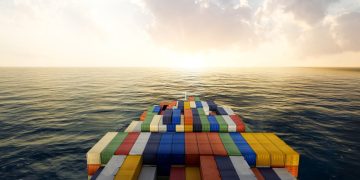MEPC 68 consider Regional Reception Facilities Plan
The MEPC 68 considered a draft Regional Reception Facilities Plan (RRFP) for the Small Island Developing States (SIDS) in the Pacific Region. This plan was submitted by the Secretariat of the Pacific Regional Environment Programme (SPREP) and co-sponsored by Australia, New Zealand and a number of Pacific island countries. For many Pacific island countries and territories, particularly those comprising small atolls, the provision of adequate waste reception facilities can be challenging, due to unique circumstances such as a shortage of land for disposal sites or limited infrastructure. SPREP has therefore coordinated efforts to develop an RRFP, including the analysis of shipping spatial data and the undertaking of a series of five gap analyses to assess the availability and adequacy of ships' waste reception facilities. The RRFP will allow SIDS to satisfy their waste reception facility obligations under MARPOL through regional arrangements by identifying ports that could serve as Regional Waste Reception Centres. AMSA provided technical assistance to SPREP during the development of this plan, and in partnership with SPREP, conducted gap analyses of reception facilities in five ports across the region, which formed the basis of this plan. The RRFP will now be finalised and is expected to take effect ...
Read more























































